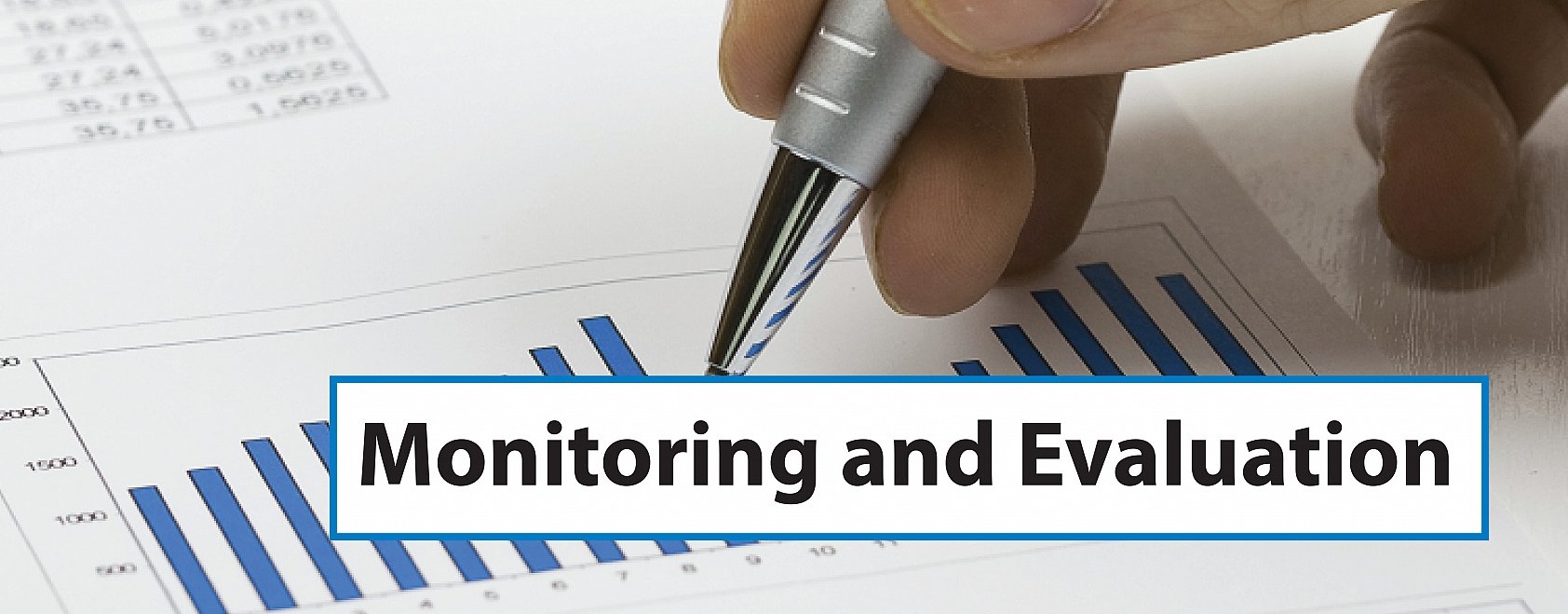Contemporary public financial management (PFM) is, according to an emerging school of thought, in a parlous condition and needs a complete rebuild. I disagree. An influential recent formulation of the views of this school of thought can be found in the 2020 report Advice, Money, Results (AMR). This report issues a challenge to contemporary PFM […]









